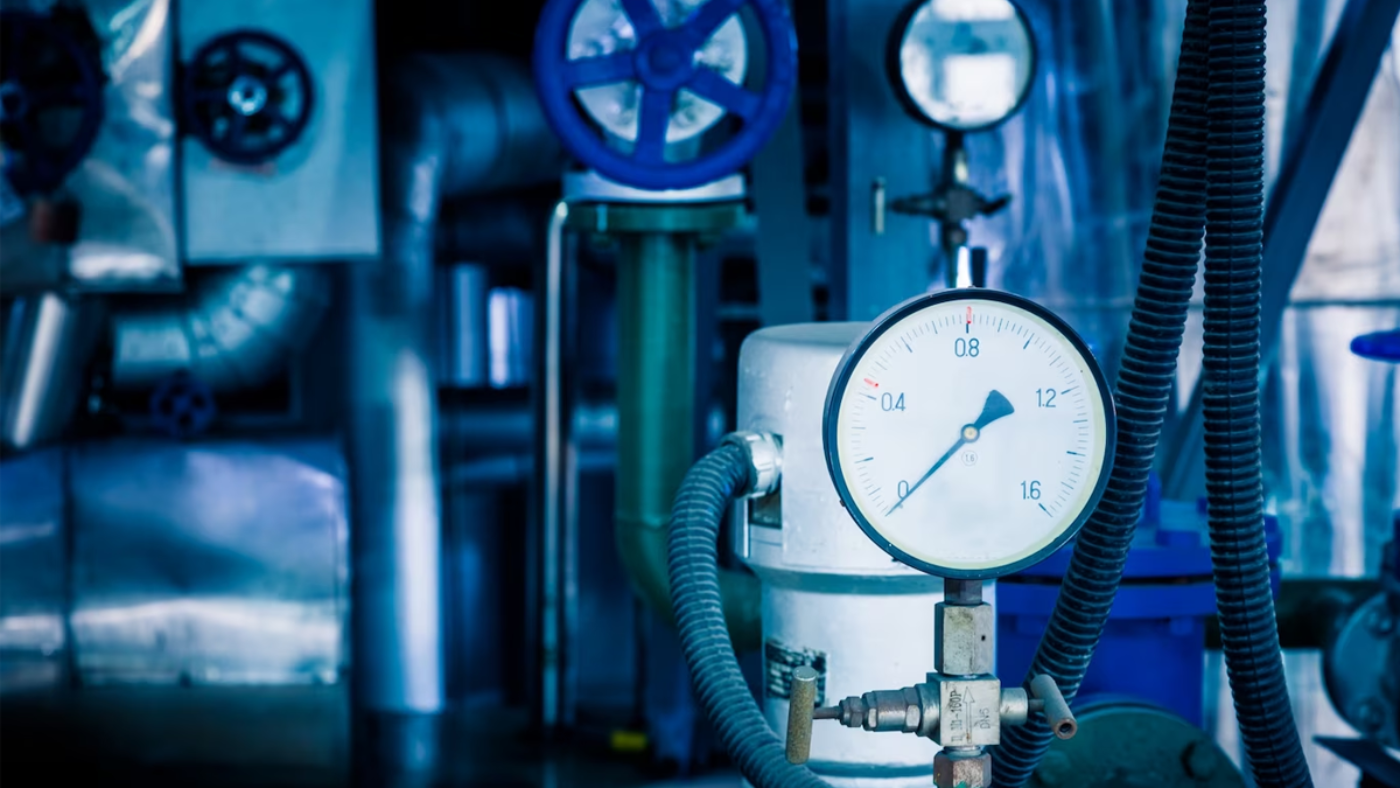The Role of Flow Measurement in Industrial and Agricultural Processes
Flow rate, temperature, pressure, and level are crucial parameters in industrial and agricultural production control. Flow measurement, in particular, plays a vital role in various sectors, impacting our daily lives in areas such as steel, metallurgy, water supply, drainage, petroleum, chemical, food, medical, environmental protection, aviation, navigation, aerospace, and agricultural irrigation.
The Complexity of Flow Measurement
Flow measurement presents unique challenges compared to other parameters like temperature and pressure. This complexity arises from the influence of several factors, including pressure, temperature, flow state, fluid type, shape, and other variables, on flow parameters.
Achieving accurate flow measurement requires the use of different instruments and compensation methods. Consequently, a diverse range of flow meters exists, designed to address specific requirements.
For instance, gas, water, steam, and oil require different flow meters due to their distinct fluid states. The conductivity properties of the fluid further differentiate the choice of flow meters. For instance, an electromagnetic flowmeter is ideal for conductive liquids, while measuring liquid metal flow requires a DC magnetic field or low-frequency excitation electromagnetic flowmeter.
Low-conductivity fluids, on the other hand, necessitate a capacitive electromagnetic flowmeter. Therefore, selecting the appropriate flow meter is crucial for achieving effective, economical, reliable, and accurate flow measurement.
The Purpose and Significance of Flow Measurement
1. Monitoring Purpose
Flow measurement serves as a powerful tool to provide managers and control systems with precise flow parameter values during production processes. This data empowers them to make informed decisions and adjustments, leading to improved control, product quality, and output across various industries.
It aids in optimizing chemical production, dosing for water and sewage treatment, high-pressure water injection for oil extraction, steel blast furnace leak detection, and continuous casting and rolling.
These applications enhance labor productivity, product quality, and working conditions while also offering scientific and reliable data for cost reduction, energy conservation, and extended equipment service life. This purpose is commonly referred to as “monitoring.”
2. Metering Purpose
Flow measurement also serves as the basis for trade settlement between supply and demand parties in economic transactions. Flowmeters accumulate total values over time, providing accurate total volume or mass measurements for trade settlement and volume control.
Various commodities like oil, steam, water, and heat are traded based on these measurements. Additionally, flow measurement aids in resource and energy distribution and management within production enterprises. In a world increasingly focused on resource and energy conservation, flow measurement contributes substantial economic and social benefits.
3. Environmental and Resource Management
Flow measurement plays a crucial role in environmental protection and pollution control. Countries worldwide set targets for controlling industrial gas and sewage discharges. Flowmeters offer accurate data for efficient management and control of these emissions.
In many cases, both monitoring and metering purposes coexist. For example, in civil construction, using a flow meter to pour cement slurry ensures control over pouring speed and quality while accurately measuring the total amount of cement poured. This prevents waste. In the beverage industry, flow meters enable efficient automatic bagging and canning, ensuring quality, enhancing work efficiency, and reducing labor intensity.
Flow meters are designed to meet the specific needs of these various applications, offering reliable and stable measurements. For monitoring purposes, measurement stability takes precedence, while for metering purposes, high measurement accuracy is essential. Different types of flow meters cater to these distinct requirements. For example, positive displacement flowmeters are primarily used for metering, while area rotameters are well-suited for monitoring.
In the diverse world of industrial and agricultural processes, Flowtech has developed high-quality flowmeters engineered for reliability. Our instruments are designed to meet your specific requirements, ensuring accurate measurements in a wide range of applications.


Add a Comment
You must be logged in to post a comment